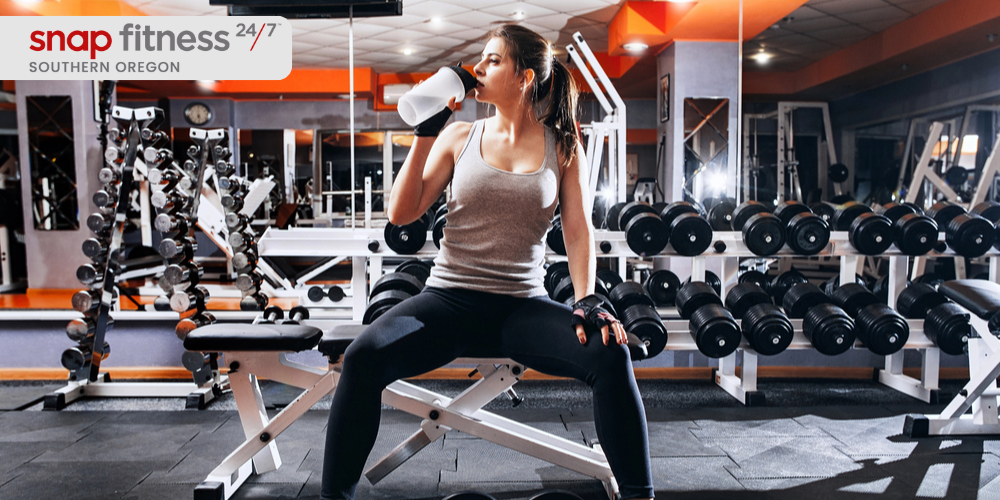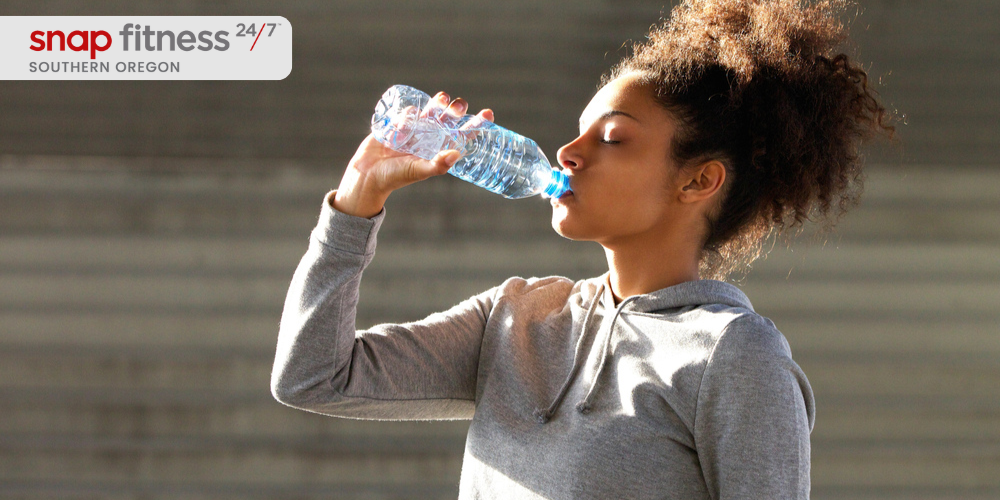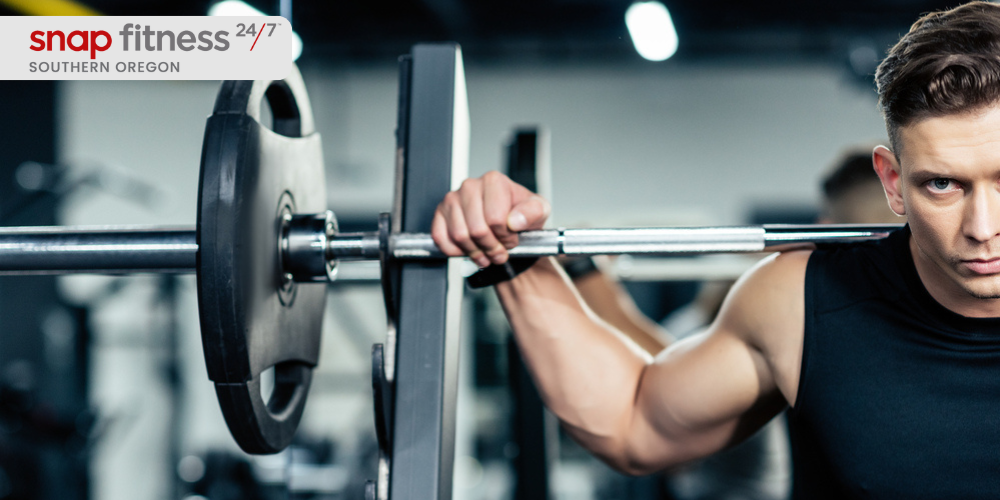The Importance of Hydration
Hydration is the foundation of high performance, especially during the summer. When you sweat, your body loses not only water but vital electrolytes like sodium, potassium, and magnesium. Without adequate hydration, your muscles may cramp, your performance can plummet, and you might even face serious health issues like heatstroke.
Water regulates your body temperature, keeps joints lubricated, and helps transport nutrients that give you energy. Proper hydration is crucial for maintaining endurance, flexibility, and overall well-being. Make it a habit to drink water consistently throughout the day, not just during workouts. Aim for at least 2.7 liters (91 ounces) for women and 3.7 liters (125 ounces) for men daily, adjusting based on your activity level and the climate.
Optimizing Water Intake
Consider these hydration strategies:
- Pre-Workout: Drink at least 500 ml (about 17 ounces) of water 2-3 hours before exercise.
- During Workout: Sip water every 20 minutes, aiming for about 7-10 ounces.

- Post-Workout: Rehydrate with a combination of water and electrolytes to restore balance.
Summer-Friendly Foods for Hydration
- Water-Rich Fruits and Vegetables: Foods like watermelon, cucumber, oranges, and strawberries are high in water content and essential vitamins.
- Leafy Greens: Spinach and kale not only hydrate but also provide fiber and nutrients.
- Lean Proteins: Chicken, turkey, tofu, and legumes are excellent sources of protein that help in muscle repair and growth.
- Whole Grains: Brown rice, quinoa, and oats offer sustained energy release, keeping you fueled throughout your workouts.
- Healthy Fats: Avocados, nuts, and seeds contribute to a balanced diet, aiding in recovery and overall health.
Balancing Nutrition with Workouts in the Heat
- Timing is Everything: Schedule your workouts during cooler parts of the day, like early mornings or late evenings. This helps avoid the extreme midday heat.

- Dress Appropriately: Wear light, breathable, and moisture-wicking clothing to stay cool and comfortable.
- Adjust Workout Intensity: On very hot days, consider lowering the intensity of your workouts and incorporating indoor activities.
- Listen to Your Body: Pay attention to signs of dehydration or heat exhaustion, such as dizziness, excessive sweating, or cramps. If you experience any of these, take a break and hydrate immediately.
Benefits of 24/7 Access


